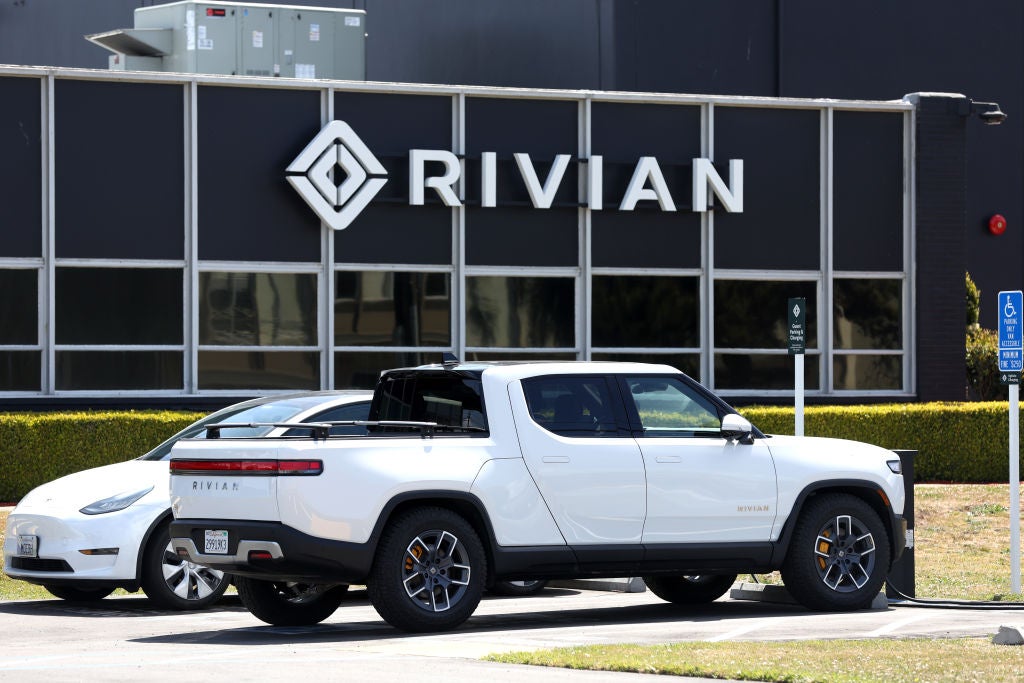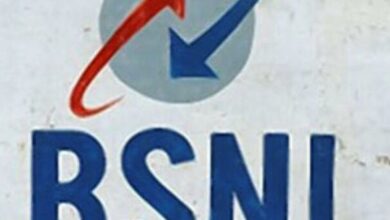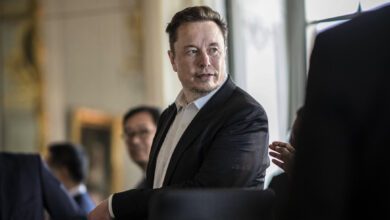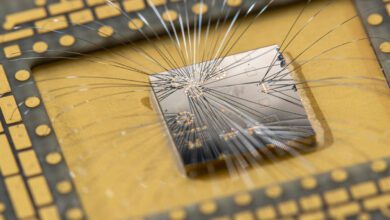Electric vehicle (EV) manufacturer Rivian has announced its decision to adopt Tesla’s charging standard, enabling Rivian customers to access Tesla’s extensive charging network in the United States. This move not only provides Rivian owners with increased charging options but also supports Tesla’s push to establish its charging standard as the industry norm. The collaboration between Rivian and Tesla signifies a growing trend of industry partnerships and sets a precedent for future cooperation within the EV market.

Rivian Access to Tesla’s Charging Network
Rivian customers will gain access to Tesla’s Superchargers in the United States and Canada by utilizing adapters, starting as early as spring 2024. This integration allows Rivian owners to utilize Tesla’s widespread charging infrastructure, providing them with a broader range of charging options and enhancing the convenience of long-distance travel. Additionally, Rivian intends to adopt Tesla’s charging port standard on its vehicles, beginning in 2025. This compatibility will further streamline the charging process for Rivian EVs, improving the overall user experience.
Leveraging Tesla’s Expertise and Infrastructure
RJ Scaringe, CEO of Rivian, expressed a preference for Tesla’s charging connector due to its compact design. By embracing Tesla’s technology, Rivian can leverage the extensive charging infrastructure that Tesla has established over the years. This strategic move allows Rivian to tap into Tesla’s vast charging network, benefiting Rivian customers and strengthening the overall EV charging ecosystem. By collaborating with Tesla, Rivian aims to accelerate the growth of its charging network and enhance the convenience of charging for its customers.
The Success of Tesla’s Charging Standard
Rivian’s decision to adopt Tesla’s charging standard adds to a series of recent victories for the California-based EV manufacturer. Tesla has secured agreements with major automakers, including General Motors (GM) and Ford, enabling their EV models to access Tesla’s charging network. This strategy not only expands Tesla’s reach but also positions the company as a leading provider of charging infrastructure for a wider range of electric vehicles. As other automakers join forces with Tesla, the adoption of Tesla’s charging standard gains further momentum.
Implications for the EV Industry
Rivian’s adoption of Tesla’s charging standard underscores the importance of collaboration within the EV industry. The proliferation of various charging standards has created a fragmented landscape that hinders the seamless experience of EV owners. By aligning with Tesla’s charging standard, Rivian is taking a significant step towards establishing compatibility and standardization across charging infrastructure. This move will benefit both Rivian and Tesla owners, providing them with increased charging options and reducing the barriers to EV adoption.
Tesla’s Charging Network Dominance
According to Reuters, Tesla’s Superchargers currently account for approximately 60% of all fast chargers in the United States, as reported by the U.S. Department of Energy. This market dominance positions Tesla as a key player in the EV charging ecosystem. By opening up its charging network to other automakers, Tesla stands to profit from selling power to a broader group of EV drivers. This collaborative approach not only benefits Tesla financially but also contributes to the overall growth and viability of the EV industry.
The Transition Away from the CCS Standard
Tesla’s recent collaborations represent a significant shift in the EV industry’s charging standards. The Combined Charging System (CCS), previously supported exclusively by President Joe Biden’s administration, faced competition from Tesla’s charging standard. Tesla’s efforts to establish its North American Charging Standard (NACS) have gained traction, as evidenced by its partnerships and the recent adoption by Rivian. This transition highlights the need for industry-wide standards to facilitate interoperability and simplify the charging experience for EV owners.



